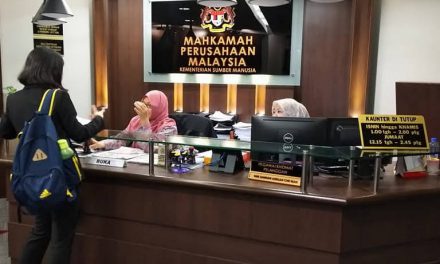PETALING JAYA | According to human resources expert, Sherin Wong, almost four million Malaysians are active in freelance work rather than working as permanent staff.
This has caused companies to hurt them since they require their services as permanent staff.
According to her, the rise of the freelancing workforce has hurt businesses that need sales consultants, graphic designers, marketers, and software engineers.
She said companies that require software developers, graphic designers, content creators, marketers, and sales consultants have been negatively affected by the growing number of freelancers.
“Companies have to explore alternative staffing options because of the shortage of these talents. Hence, it becomes necessary for them to adjust policies and benefits to accommodate the needs and preferences of freelance workers.”
According to her, among the crucial adjustments that may assist in the successful integration of such people into an organization are flexible work arrangements, access to necessary tools and resources, clear guidelines on project deliverables and expectations, and considerations for the professional development of freelancers.
“While career progression for freelancers may vary across organizations and industries, working on different projects for various clients can enhance their skill sets and appeal to different employers.
“This allows them to efficiently manage fluctuating demand while capitalizing on the expertise of freelancers.”
However, such opportunities can also be found across various sectors as organizations seek to optimize their workforce.
“Companies that hire freelancers now prioritize individuals who have a large following and extensive connection on social media.
“These companies play a role in facilitating freelance career growth by offering contracts for larger projects and providing opportunities for professional development and attracting target audiences.
“Recognizing and appreciating the diverse experiences brought by freelancers can nurture a culture of inclusivity and mutual respect,” Wong said.
She added that it is difficult to strike a balance between traditional employment and freelancing. However, a hybrid model, in which companies adapt their workforce composition based on specific needs, is likely to become more common.
When determining the future equilibrium between traditional employment and freelancing, flexibility and a focus on the skills required for the job will be key considerations.








